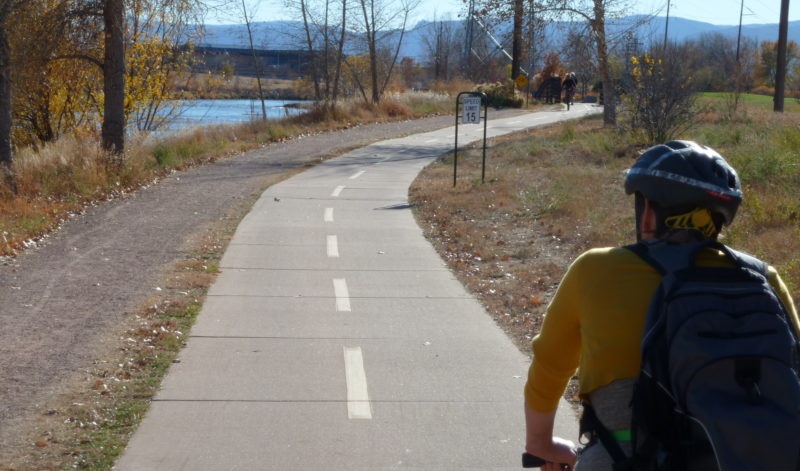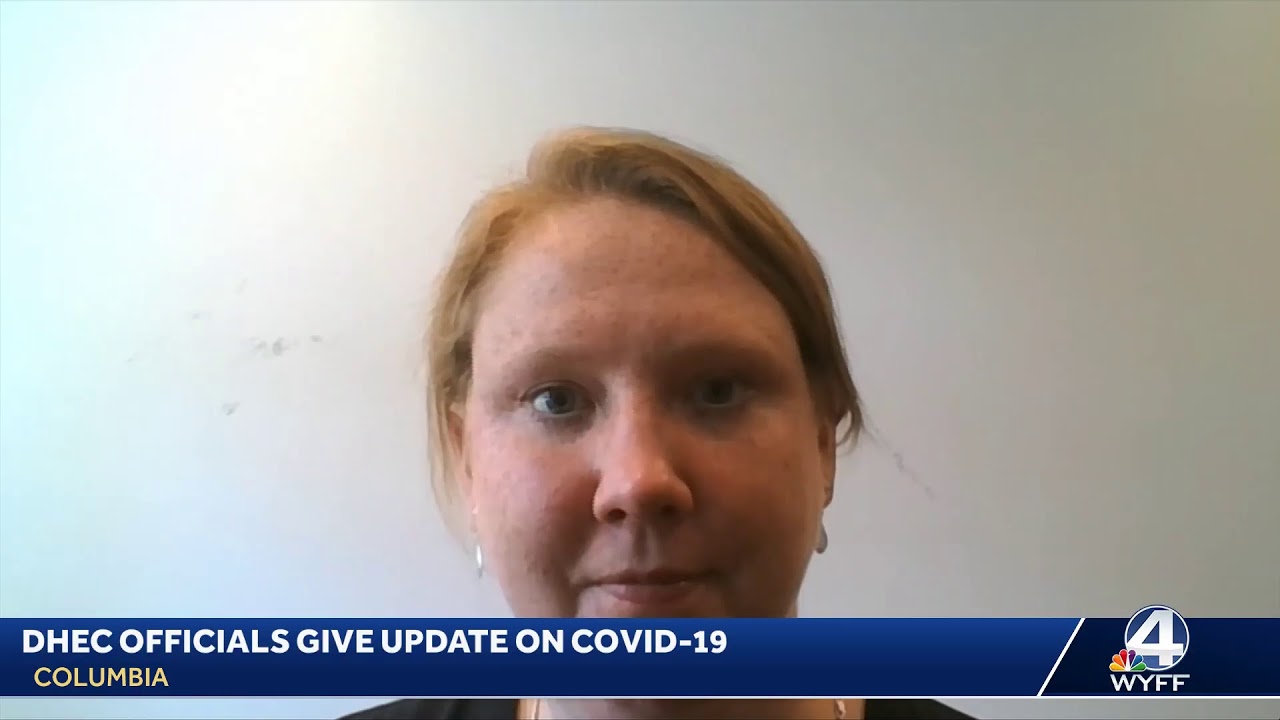Parks and trails provide communities with great opportunities for outdoor recreation and physical activity.
But they’re often inaccessible to people in low-income neighborhoods.
What’s more, research into the problem is scarce.
Enter Furman health sciences professor Julian Reed, who was tapped by the National Collaborative on Childhood Obesity Research (NCCOR) to be lead author of a study into the issue.
“Physical activity is important for overall health, but there is a disparity in those communities,” he said. “This was a unique opportunity for Furman that these large federal agencies supported this project.”
NCCOR is a collaboration of the U.S. Centers for Disease Control and Prevention, the National Institutes of Health, the Robert Wood Johnson Foundation, and the U.S. Department of Agriculture to help reduce childhood obesity in America. It funded this study, whose goal is to increase physical activity and access for youth in under-resourced communities, with support from the Federal Highway Administration.
Reed, who’s been at Furman for 18 years, said he was selected by the CDC because of the research he’s done around trails, like the Prisma Health Swamp Rabbit Trail in Greenville, and physical activity in these communities.
“I’ve published quite a bit on that, not just about the Swamp Rabbit Trail,” he said, “but other studies from different states.”
Recently published in the International Journal of Environmental Research and Public Health, the study, Identification of Effective Programs to Improve Access to and Use of Trails among Youth from Under-Resourced Communities: A Review, outlines the gap in research on










